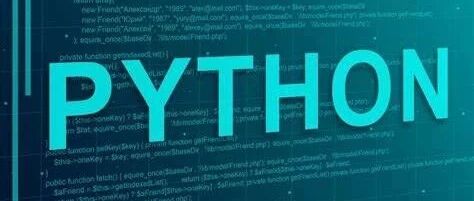Configuring C Language: A Comprehensive Guide
Section 1: Introduction“Before typing my first line of code, I was almost discouraged by C language…”“Want to write your first line of C code but got stuck on configuration—spending half an hour installing the compiler without success, changing environment variables until dizzy, and encountering a bunch of errors, unable to run even ‘hello world’? Don’t … Read more









